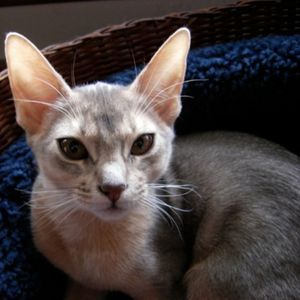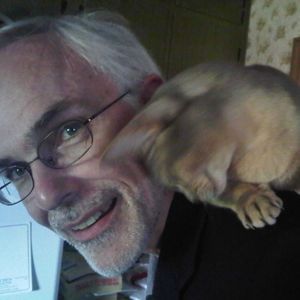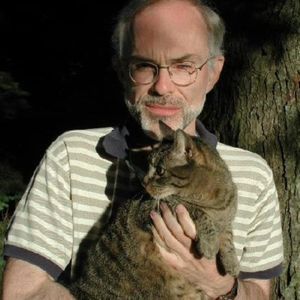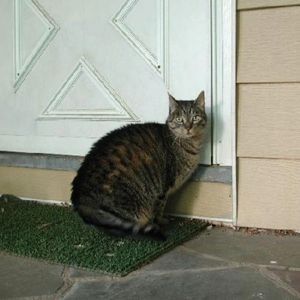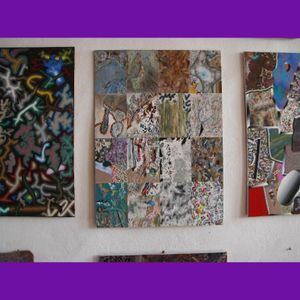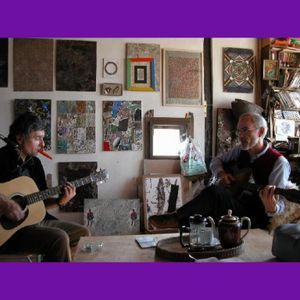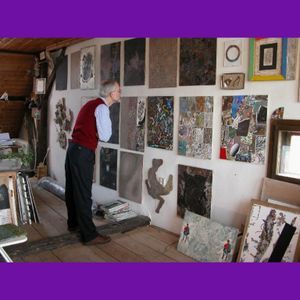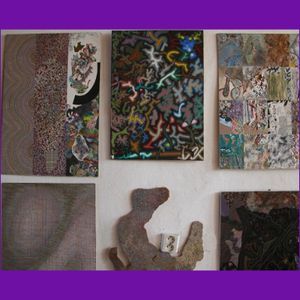Profile
My work since the mid 1990's has been primarily in the field of quantum information. Before then I was working in quantum optics. My initial work in quantum information, done in collaboration with Vladimir Buzek, was on quantum machines. These are devices that process quantum states in particular ways. We looked at the cloning and flipping of qubits, and proposed machines that would accomplish these tasks approximately (neither can be done perfectly for all input states).
I also did work in quantum cryptography. With Vladimir and Andre Berthiaume I proposed the first quantum secret sharing scheme, and later I wrote one of the first papers on quantum cryptography with continuous variables. The senior members of our group at Hunter are Janos Bergou and Edgar Feldman. With them I have worked on problems in quantum state discrimination, in particular on programmable state discriminators and on sequential state discrimination in which multiple observers sequentially measure the same system. With Suhail Zubairy, I developed conditions to detect entanglement in both bipartite and multipartite systems, and later extended this work with the help of Julien Niset and Ho Trung Dung. With Erika Andersson I have worked on quantum algorithms for the property testing of Boolean functions. Recently, I have been working with students in the areas of quantum walks and in the application of group theory to the generation of Bell inequalities. In addition, with Emilio Bagan, Janos Bergou, and Seth Cottrell, I have been applying ideas from the recently formulated resource theory of coherence to the study of wave-particle duality relations.


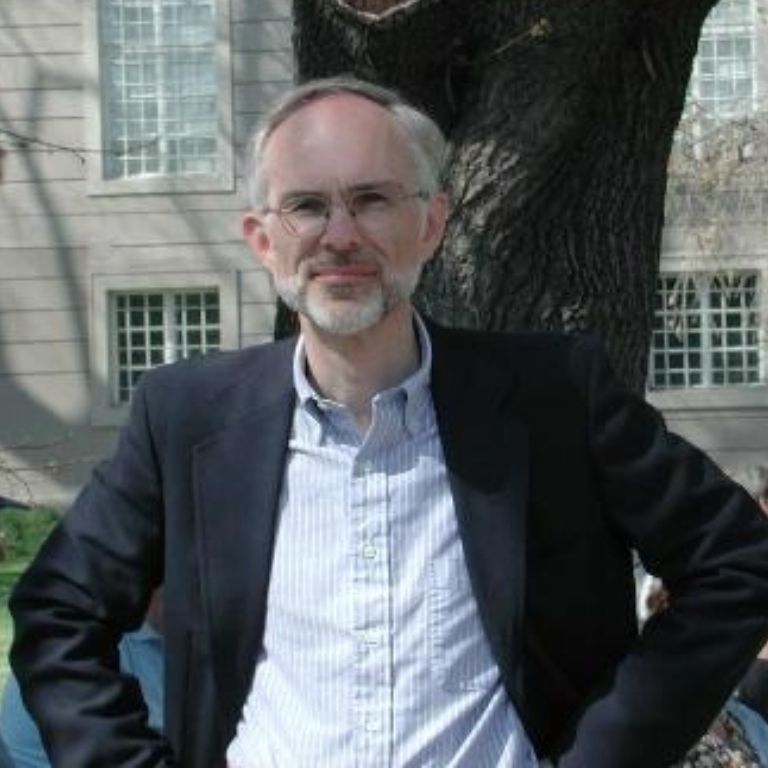
 Introduction to the Theory of Quantum Information Processing by Janos Bergou and Mark Hillery, Springer 2013.
Introduction to the Theory of Quantum Information Processing by Janos Bergou and Mark Hillery, Springer 2013.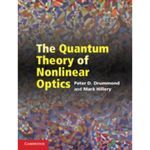 The Quantum Theory of Nonlinear Optics by Peter Drummond and Mark Hillery, Cambridge University Press, 2014.
The Quantum Theory of Nonlinear Optics by Peter Drummond and Mark Hillery, Cambridge University Press, 2014.